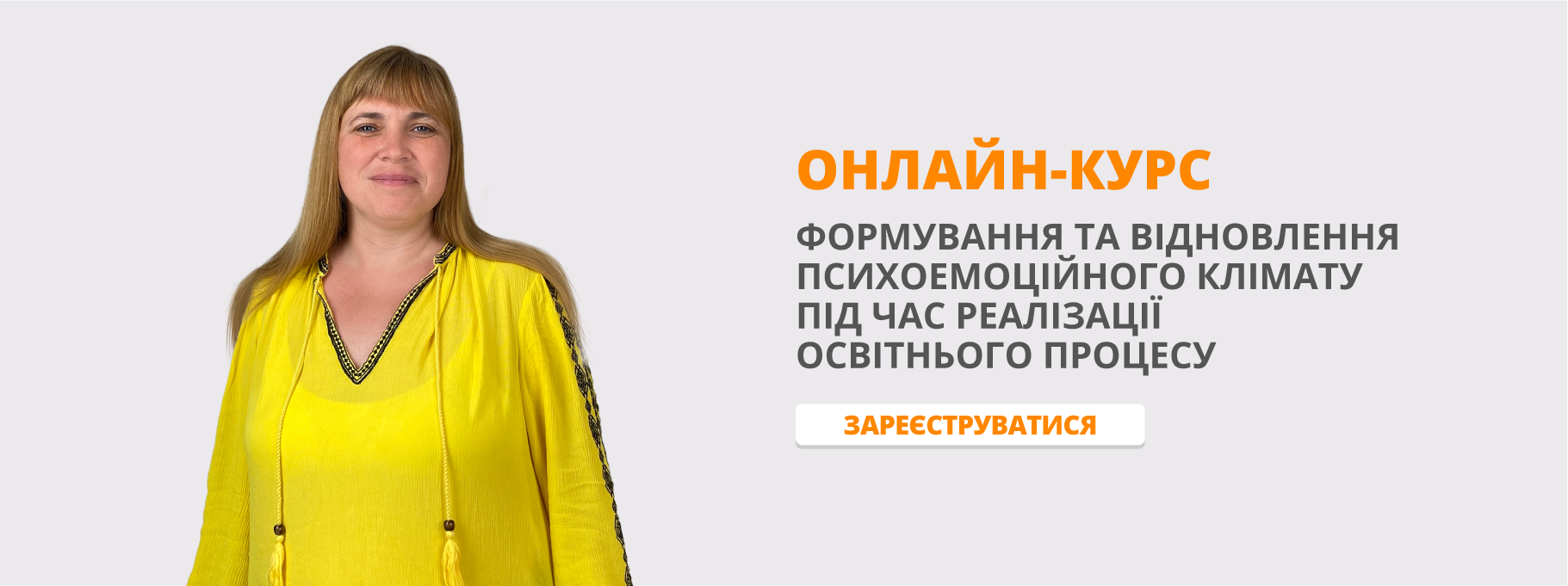Урок у 6 кл на тему "FOOD AND DRINKS"
Тернопільська Українська гімназія ім. Івана Франка
21.02.2022р
План-конспект
показового уроку
з англійської мови у 2(6)–А класі
на тему:
“FOOD AND DRINKS”.
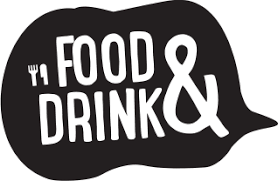
Підготувала:
вчитель англійської мови ТУГ
Жаровська О.В.
Тернопіль 2022
ПОКАЗОВИЙ УРОК
DEMONSTRATION LESSON
(“FOOD AND DRINKS”)
(“ЇЖА ТА НАПОЇ”)
LESSON PLAN
Методична мета: використання групової та проектної роботи учнів в процесі закріплення вивченого матеріалу.
Мета: систематизувати знання по темі: “Food and Drinks”, сформувати цілісну систему особистих знань з теми, активізувати словник з вивченої лексики, розвивати навички аудіювання, читання, усного мовлення, розвивати творчі можливості учнів, вміння працювати в групі, вчити висловлювати власну думку з допомогою ідіом, розвивати критичне мислення, проектну діяльність учнів, вміти застосовувати знання з вивченої теми у щоденних мовленнєвих ситуаціях, застосовувати ключові компетентності (ІТ компетентність, вміння спілкуватися іноземною мовою, екологічна, математична, загальнокультурна, громадянська компетентність, ініціативність та підприємливість), виховувати дбайливе ставлення до їжі як до складової свого здоров'я, прищеплювати усвідомлення важливості правильного харчування для здоров`я, інтерес до кулінарних традицій країни.
Тип уроку: урок узагальнення та систематизації вивченого матеріалу (відпрацювання отриманих вмінь та навичок).
Обладнання: книги, плакати, постери, рефлексійні картки, мультимедійна презентація, STEM-обладнання.
Методи та прийоми: мозковий штурм, робота в групах, метод навчальної гри, кросвордів, проектна робота, STEM method (paper-cup technology).
Methodical objective: the use of group and project work of students in the process of consolidating of the studied material.
Lesson objectives: to systematize the knowledge on the topic: "Food and Drinks", to form an entire system of personal knowledge on the topic, to activate the topic-related vocabulary, develop listening, speaking and reading skills, develop creative abilities of students, ability to work in groups, learn to express their own opinions with the help of idioms, to develop critical thinking, project activity of students, to be able to apply knowledge on the studied topic in the everyday speech situations, to apply key competencies (IT competence, ability to communicate in a foreign language, environmental, mathematical, cultural, competence, initiative and entrepreneurship competence), careful attitude to food as a component of their health, instill the awareness of the importance of proper nutrition for health, interest to the culinary traditions of the country.
Type of lesson: a lesson of consolidation and systematization of knowledge (practicing of obtained knowledge and skills).
Instructional materials: textbooks, posters, reflection cards, multimedia presentation, STEM equipment.
Instructional techniques: brainstorming, group work, method of educational game, crossword puzzles, project work, STEM method (paper-cup technology).
Learning outcome: pupils will be able to talk about food and drinks.
ПЕРЕБІГ УРОКУ
(LESSON PROCEDURE)
I. Introduction into the foreign atmosphere.
1.Greeting (вкл. презентацію)
T: Good morning, dear students, nice to see you in good mood. Show me your smiles. Great. Good of you. How are you getting on?
P: We are ok, fantastic, good, great, in the cloud nine, over the moon.
2. Lead-in. Organization moments.
T: Have you noticed anything unusual at today’s lesson? We are having guests today. This is your first demonstration lesson. I believe, you’ll show a good command of English, our guests and you will enjoy our lesson. Be very active, don’t be afraid of making mistakes and let’s start.
If you work hard during the lesson, you’ll get some stickers for your active participation (Formative assessment)
3. Warm-up.
T: To start with, what date is it today? Who wants to set the date at our classroom calendar?
P: (rise hands, someone goes to the calendar and set the date).
T: Thanks. Well, today is Monday, the 21st of February. The weather is….
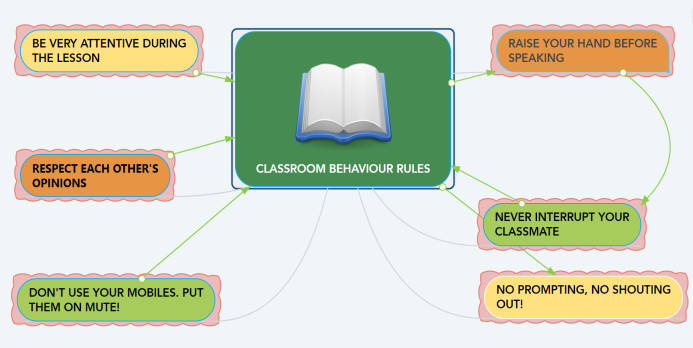 T: At the beginning of the lesson we always revise classroom behavior rules, It’s just our everyday routine. (1 слайд презентації). I suppose you’ll follow these rules during the lesson.
T: At the beginning of the lesson we always revise classroom behavior rules, It’s just our everyday routine. (1 слайд презентації). I suppose you’ll follow these rules during the lesson.
T: To guess the topic of today’s lesson, let’s do the warm-up: Give me 5: tableware, drinks, tastes, dishes, fruit, vegetables, containers.
T: To drill English sounds we revise and learn the tongue twisters. How many tongue twisters do we know? (10). What tongue twisters are connected with food? (Peter Piper, Betty Butler, Can..).
Let’s revise them altogether. What products are mentioned in them?
4. Introduction to the topic of the lesson. Objective.
Have you noticed the interrelations between TT and warm-up? Yes…you are right, they are connected with FOOD. As you have understood, the topic of today’s lesson is “FOOD AND DRINKS”. This is a revision lesson. The topic is not unfamiliar for you. But today I am delighted to inform that we’ll speak about Food idioms and their usage in written and oral communication. (Тема на дошці, мета на проекторі).
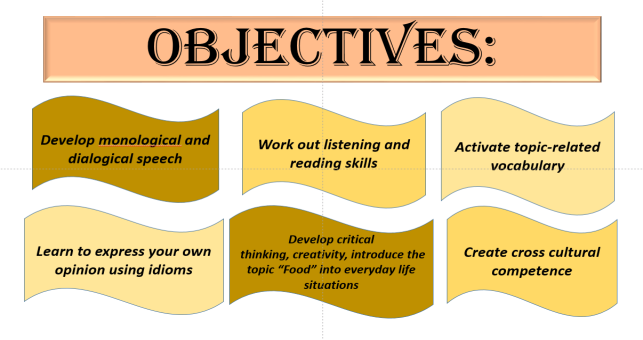
T: The motto of our lesson is: “No song, no supper” (під лежачий камінь вода не тече). Our lesson will be followed by the proverbs and sayings connected with food, we will read and explain them during the lesson.
II. Checking hometask.
T: What was your hometask for today?
P: (to revise new words, to complete ex.in SB, to write down our personal menu).
T: I’ll hand in your copy-books at the end of the lesson to check your exercises. Let’s check the knowledge of new words, playing a game (Капітани команд тягнуть листки SHOW, DEFINE, DRAW, витягують по слову і 1 хв, щоб презентувати). Don’t forget to follow classroom behavior rules and raise your hand if you know the word. (Work in groups).
Excellent, well done (stickers).
T: It is impossible to speak English fluently without knowing and using of idioms, collocations and phrasal verbs. They enrich the colloquial speech, help to learn the culture of the country. What is idiom? Why do we use them? (Pupils answer)
III. The main part. Explanation of the new material.
1.Practice.
T: Look at the slide show and try to guess the meaning of the idiom according to the picture. I know that at your Ukrainian language lessons you also learn this topic, so let’s combine our knowledge in these subjects. Try to find the Ukrainian equivalents to these idioms. (Speaking skills).
T: Now open your copy-books, write down today’s date and compose your own s-ces with these idioms (Writing skills). (на екран вивести слайд з ідіомами, зачитує той, хто швидше склав речення).
T: Let’s do the interactive quiz to consolidate the knowledge on this topic. Try to use these idioms in your everyday communication. (Stickers).
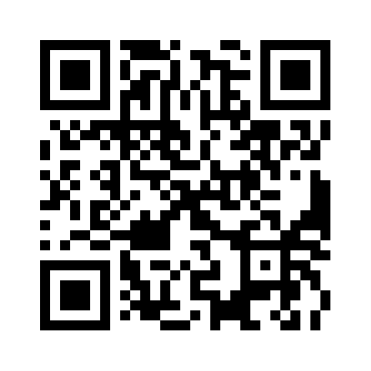
2. STEM paper-cups technology.
T: You have got paper cups and stickers with the idioms. Group them according to the common feature. Try to find these feature. (Stickers).
3.Brainstorming.
T: Answer my questions as quickly as possible. Raise your hands.
- What is your favorite dish that makes your mouth water?
- Who is a sweet tooth in your family? (прислів’я на дошці порівняти)
- Do you have siblings? Are you like two peas in the pod or like apples and oranges?
- Do you like Brawl stars? As for me, it’s not my cup of tea.
- What do you think about Chinese language? Is it a piece of cake? (Easy peasy lemon squeezy).
- Are you as cool as a cucumber during your Math’s test or are you nervous?
- Are you full of beans when you have 7 lessons a day?
- Who is a couch potato in our class?
(Pupils answer). (Можна гостей залучити).
4. Listening skills.
T: Englishman say: “Breakfast like a king, lunch like a queen, dine like a pauper”. Look through a small video about the British eating. Complete the table about your eating and Robinson’s family. Compare breakfast, lunch and dinner. (роздати листочки).
https://www.youtube.com/watch?v=smKDD5Wl2B8&t=1s
5.Dialogical speech.
T: If we speak about food and drinks we must admit that people eat at home and outside their houses: in the cafes and restaurants. And it is very important to know how to order food. You had a task to compose your personal menu, to think about the name and conception of your own restaurant and to present the dialogue (project work). (Pupils present dialogue).
Before they start, who wants to retell how to serve the table, what do we use to serve it? (Pupil answer).
IV. Reflexion.
T: To sum up all the above noted tell me please, what interesting things have you learnt at today’s lesson? (Pupils answer).
I’d like to know your opinion about today’s lesson. Let’s imagine that we are divers. I give you reflexion cards take your pencils and draw the depth of your understanding of today’s material. In 2 minutes I’ll hand them.
V. Home assignment. (на дошці записати)
T: Open your daybooks and write down your home assignment: to compose your own s-ces with the idioms, write an sms to your friend who is ill and absent at the lesson and retell him about today’s lesson (respond to your friend’s sms).
VI. Assessment.
T: Your marks are…
VII. Ending.
Do you have any questions according your hometask? Do you have any questions according today’s lesson? I believe it was interesting and not boring! I hope that after our lesson you will be not at a loss abroad when you visit a restaurant, buy products in the supermarket or just order food in.
At the end of the lesson I’ll ask you a riddle: “What can you never eat for breakfast”? (lunch and dinner).
As our lesson was connected with food I want to treat you to sweets because I know that all of you are sweet teeth and your mouth is watering when you see sweets. Help yourself!!!
T: The lesson is over. Thank you for the lesson. See you tomorrow. You have tried your best. Good-bye!
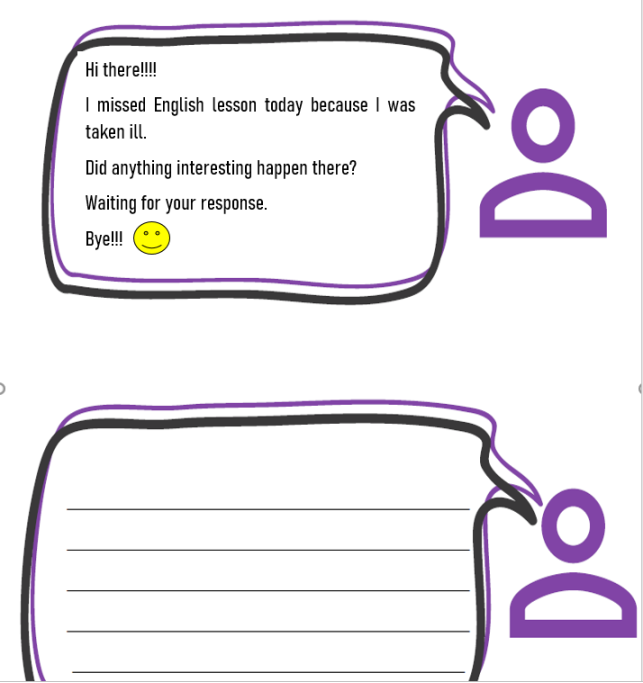
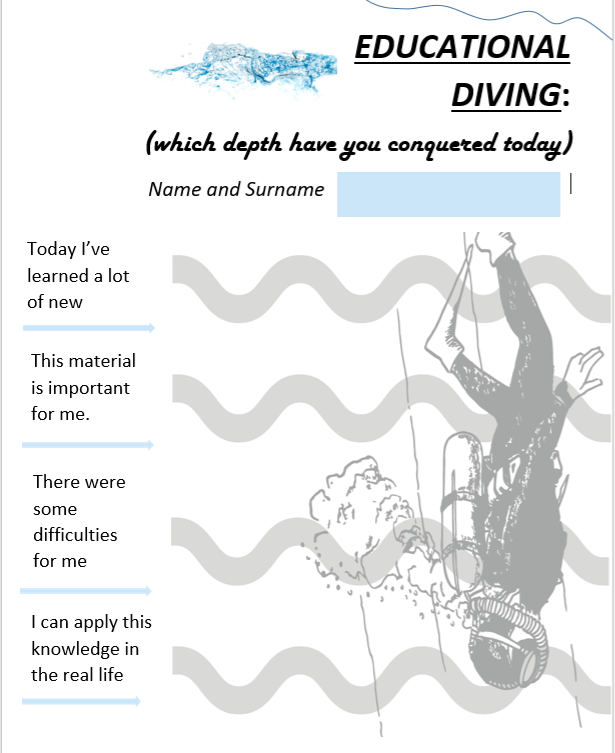
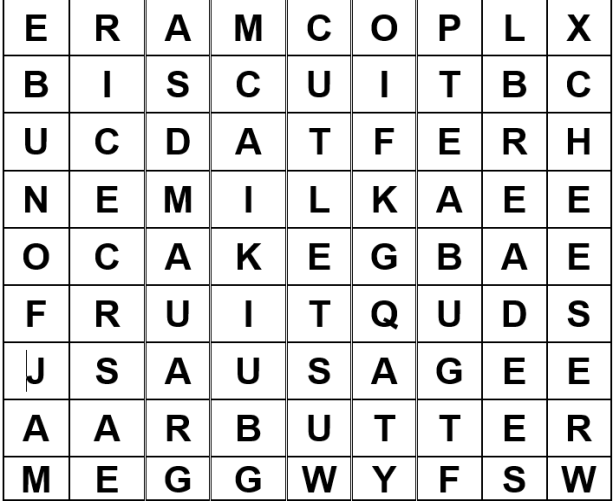 ADDITIONAL TASKS.
ADDITIONAL TASKS.
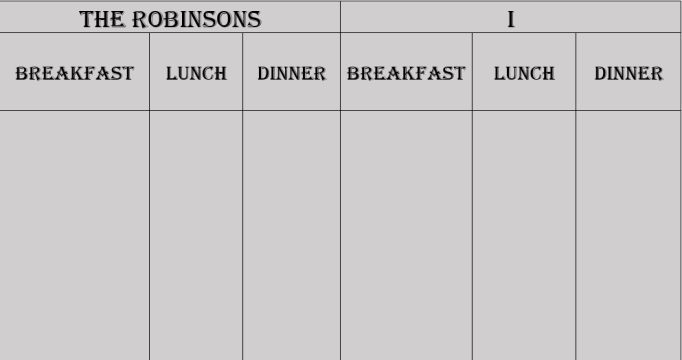
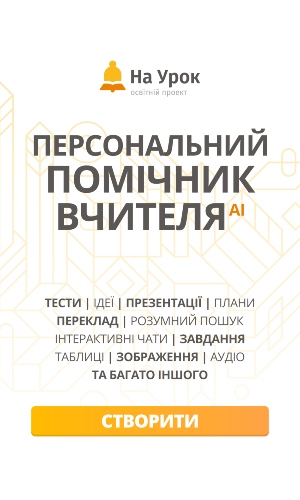

про публікацію авторської розробки
Додати розробку
